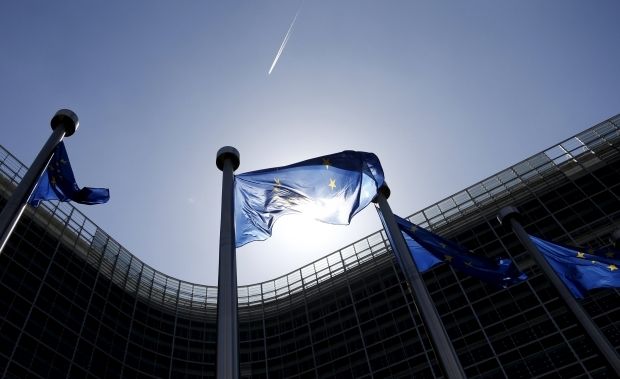
The resolution was approved by 304 votes to 179, with 208 abstentions.
Russian propaganda seeks to distort the truth, incite fear, provoke doubt and divide the EU. To counteract anti-EU campaigns, MEPs suggest reinforcing the EU's tiny "strategic communication" task force and investing more in awareness raising, education, online and local media, investigative journalism and information literacy.
The resolution also suggests deepening EU and NATO cooperation on strategic communication, reinforcing the EU's 9-strong strategic communication task force and providing more support to boost media resilience in EU neighborhood countries.
Read alsoEuropean Parliament approves resolution on European Defense UnionMEPs warn that the Kremlin has stepped up its propaganda against EU since annexing Crimea and waging hybrid war in Donbas. They note that "the Russian government is employing a wide range of tools and instruments, such as think tanks [...], multilingual TV stations (e.g. Russia Today), pseudo-news agencies and multimedia services (e.g. Sputnik) [...], social media and internet trolls, to challenge democratic values, divide Europe, gather domestic support and create the perception of failed states in the EU's eastern neighborhood."
The resolution stresses that the "Kremlin is funding political parties and other organizations within the EU" and deplores "Russian backing of anti-EU forces" such as extreme-right parties and populist forces.
As the EU and its citizens are major targets of Daesh, MEPs call on EU member states to work more closely to protect society from its recruitment drives and enhance resilience against radicalization.
They also suggest developing a narrative to counter Daesh, "including through the empowerment and increased visibility of mainstream Muslim scholars who have the credibility to delegitimize Daesh propaganda."
The resolution is a non-binding document.

